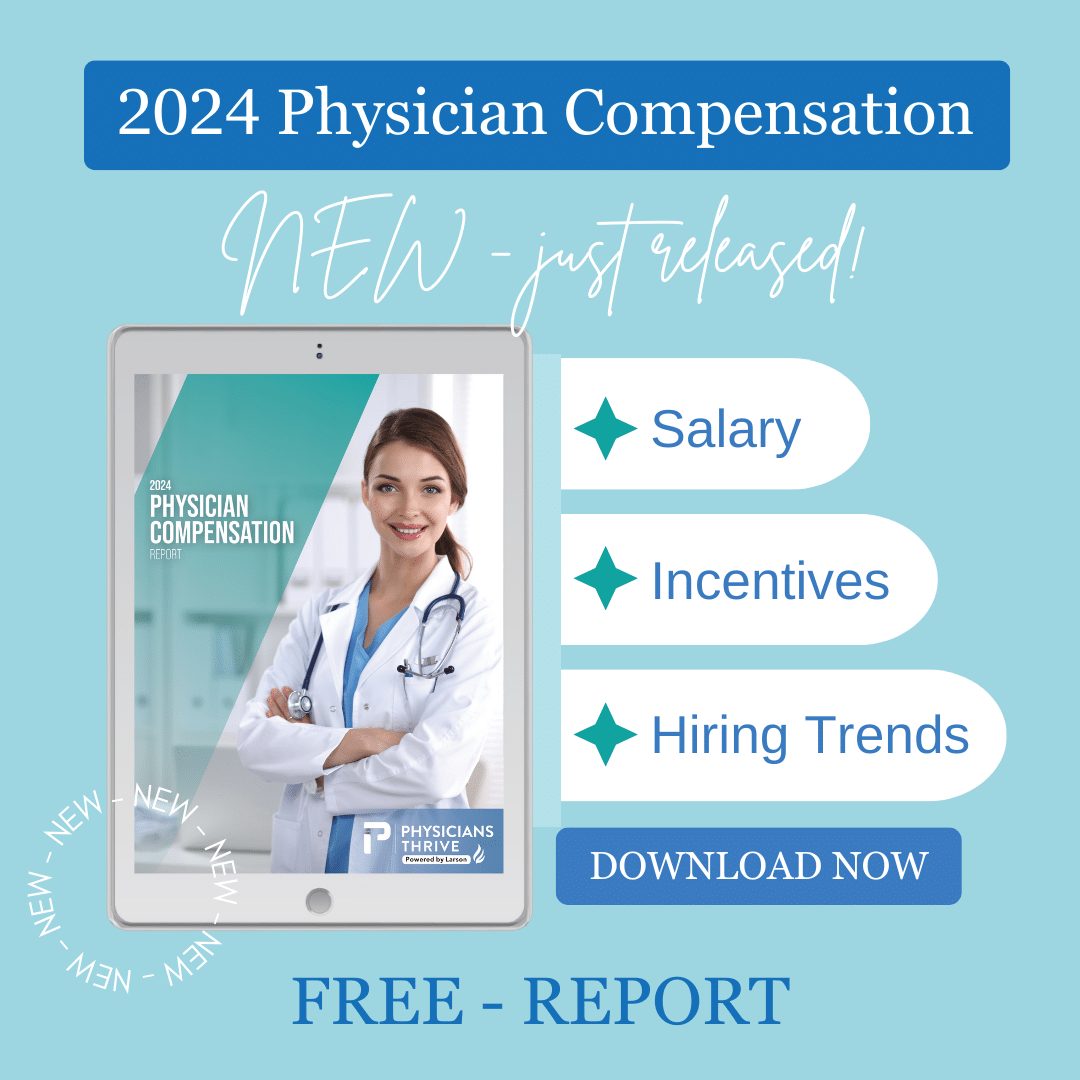Long-term, own-occupation disability insurance offers physicians critical income protection in the event of a serious illness or injury. However, not all disability insurance policies are equal. The cost, terms, and benefits of disability insurance vary widely. And insufficient coverage can have disastrous financial consequences for physicians.
Whether you’re looking to purchase a new policy or evaluating your current plan, these four questions can help you assess the quality of disability insurance coverage:
Table of Contents
1. Does My Policy Offer True Own-occupation Coverage?
Own-occupation disability insurance is the only type of coverage that offers physicians the necessary financial protection in the event of a disability. True-own occupation coverage will pay doctors benefits. In the event that any illness or injury prevents them from performing any key functions of their own specialty. The definitive feature of true own-occupation coverage is that it pays benefits if you cannot work in your own specialty. Even if you can perform other jobs in the medical field.
In many cases, inferior insurance policies will use “own-occupation” language. Without offering true own-occupation coverage. Oftentimes, group disability plans stipulate that they will pay benefits “in the event that you cannot perform each and every material duty of your own-occupation.”
Despite the use of the phrase “own-occupation,” this definition is actually highly restrictive. It essentially states you will only receive benefits if you are unable to perform every single function of your regular occupation. Under this definition, if you cannot work as an interventional neurologist. However, you could still perform other duties such as office consultations, you would not qualify for benefits.
True Own-Occupation
Now let’s consider the same situation with true own-occupation coverage. If your specialty is interventional neurology but a disability limits you to office consultations, in most cases but not all, if your interventional duties was the primary driver of your income, your policy would pay you full benefits. Every scenario is unique so it is recommended to speak with a claims specialist to determine how the claim would be paid.
Physicians invest tremendous amounts of time and money to earn income within their specialties. Imagine losing your current income. Then being denied disability benefits because you could still work as a teaching physician or even at a minimum-wage job.
Sadly, this scenario happens all too often under group disability coverage. Thoroughly review the fine print of your insurance policy to ensure you have the necessary financial protection in the event of a total or partial disability.
2. How Long Can I Afford To Live Without Income?
When you weigh your options for disability insurance coverage, consider how long you would stay afloat financially without any income. Every long-term disability insurance policy has an elimination period. The elimination period is the duration of time that must elapse after a claim is made. And before the policyholder begins receiving benefits. Most elimination periods range between one month and one year.
Shorter elimination periods offer more immediate financial support in the event of a disability. However, your premium rates will increase as you shrink your elimination period. By contrast, if you can afford to wait through a longer elimination period before receiving disability benefits, you can reduce the cost of premiums.
Thus, your ideal elimination period should reflect the maximum period of time you can afford to meet your financial obligations without a salary. If your elimination period is too short, you’ll pay higher premiums than necessary. Too long, and you’ll risk running out of money for essential expenses before you begin receiving benefits.
Carefully consider how emergency savings, financial support from family, or short-term disability coverage could help you cover critical bills. As well as expenses during your elimination period. As time goes on and you increase your personal savings, you can increase your policy’s elimination period to lower your premium costs.
3. What Compensation Does My Disability Insurance Cover?
Long-term disability insurance is designed to supplement lost income caused by serious illness or injury. However, a physician’s income typically includes both a base salary and a significant productivity bonus package. And many group disability plans will only pay benefits based on your salaried income. As a result, if you rely on a bonus to cover the cost of living expenses, many group plans will not pay enough benefits to meet your needs.
To ensure that your coverage offers sufficient financial protection to supplement all your earnings in the event of a disability, consult with a financial advisor.
4. How Will Other Forms Of Income Affect My Benefits?
When you assess the coverage of a potential policy, pay close attention to how other forms of income will impact your benefits. As discussed above, many group policies will not pay out benefits if you are able to earn income by working any other job. Even a job outside your specialty or the medical field.
Similarly, many employer-sponsored plans will reduce your benefits if your disability qualifies you for financial assistance from Social Security disability insurance or workers compensation. In some cases your monthly benefit may be reduced dollar-for-dollar as a result of other income received.
With individual own-occupation disability insurance, your benefit amount will not reduce if you receive other forms of income or compensation.
If you’re interested in purchasing long-term disability insurance for doctors or evaluating your current coverage, schedule a chat with one of our physician-specific financial advisors.
Need help with something else?
Get Your Free Disability Insurance Quote! It’s easy!
Work with Financial Advisors that know physicians
Have Your Contract Reviewed







































